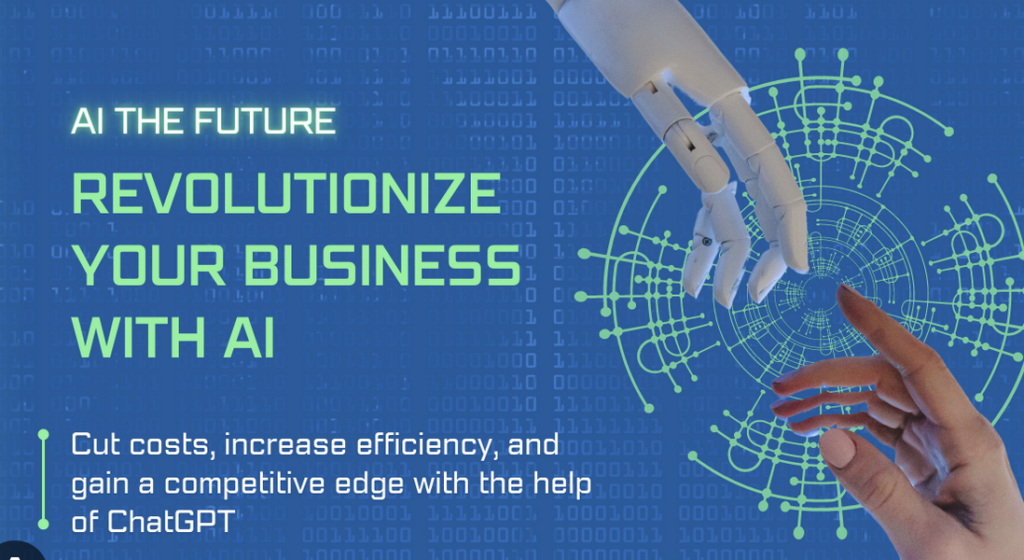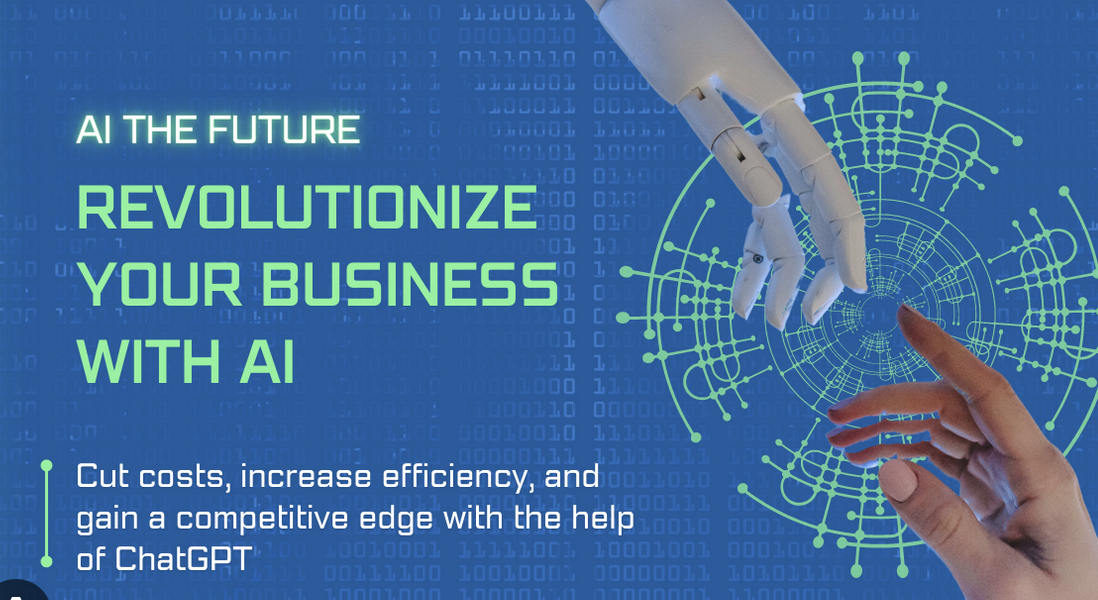Revolutionize Your Business Efficiency with this Cutting-Edge ERP System

Introduction: Understanding the Need for Efficient Business Solutions
In the modern corporate landscape, efficiency is the heartbeat of successful enterprises. It fuels growth, drives innovation, and ensures sustainable development. However, the complexities of running a business often lead to operational bottlenecks, hindering the pursuit of seamless growth. In such a competitive environment, the integration of a cutting-edge Enterprise Resource Planning (ERP) system emerges as the key to unlocking unprecedented business efficiency.
Explaining the Essence of ERP Systems
Enterprise Resource Planning (ERP) systems serve as comprehensive software solutions designed to streamline and integrate a multitude of business processes and functions. From inventory management to human resources and accounting, ERP software provides a centralized platform for overseeing various operations. Its holistic approach facilitates the smooth flow of information and data across different departments, fostering enhanced collaboration and strategic decision-making.
Challenges Faced by Traditional Business Models
Traditional business models often grapple with disjointed data management, fragmented communication, and manual workflows that hinder operational agility. Siloed information systems and redundant processes create a labyrinth of inefficiencies, impeding the overall productivity and profitability of businesses. With escalating market demands and the ever-evolving customer expectations, businesses face an urgent need to evolve their operational frameworks.
How ERP Systems Transform Operational Efficiency
Implementing a cutting-edge ERP system revolutionizes the way businesses operate. By centralizing data and automating various processes, businesses can experience a remarkable transformation in their operational efficiency. Real-time data accessibility, improved communication, and streamlined workflows enable businesses to respond swiftly to market dynamics and customer demands.
Streamlining Business Processes through Integration
The integration of various business processes within a unified ERP system eliminates the redundancies and complexities associated with multiple standalone systems. From supply chain management to finance and human resources, ERP systems harmonize these critical functions, optimizing operations and fostering a cohesive work environment.
Real-time Data Access and Analysis for Informed Decision Making
One of the most significant advantages of an ERP system lies in its ability to provide real-time data access and analysis. By harnessing the power of data analytics, businesses can make informed decisions swiftly, based on accurate insights and predictive trends. This proactive approach to decision-making empowers businesses to stay ahead of the curve in an ever-evolving market landscape.
Enhancing Collaboration and Communication Across Departments
Effective collaboration and seamless communication across different departments are pivotal for a well-functioning organization. ERP systems facilitate cross-functional coordination, fostering a culture of shared goals and streamlined communication. By breaking down silos and encouraging information sharing, ERP systems enhance teamwork and collective problem-solving.
Improved Customer Experience through Better Service Delivery
A satisfied customer is the cornerstone of any successful business. With an ERP system in place, businesses can ensure a seamless and personalized customer experience. By streamlining processes, businesses can deliver products and services promptly, cater to customer needs efficiently, and build lasting relationships through exceptional service delivery.
Cost Reduction and Resource Optimization with ERP Implementation
ERP systems play a pivotal role in optimizing resource allocation and reducing operational costs. By automating manual tasks and minimizing errors, businesses can optimize their resource utilization, leading to cost savings and improved bottom lines. Furthermore, efficient inventory management and streamlined procurement processes contribute to cost reduction and enhanced financial management.
Ensuring Data Security and Compliance
In an era dominated by digitalization, data security and compliance are paramount. ERP systems come equipped with robust security features and compliance protocols, ensuring the confidentiality and integrity of critical business data. With built-in security measures and adherence to regulatory standards, businesses can mitigate the risks associated with data breaches and ensure data privacy.
Adapting to Changing Business Landscapes with Agile ERP Systems
The business landscape is continuously evolving, demanding adaptive strategies and agile operations. ERP systems, with their flexibility and scalability, enable businesses to adapt to changing market dynamics seamlessly. Whether expanding into new markets or diversifying product portfolios, agile ERP systems provide the necessary tools for businesses to navigate the complexities of a dynamic marketplace.
Enhanced Scalability for Future Growth and Expansion
Scalability is a vital factor for businesses eyeing long-term growth and expansion. ERP systems offer scalable solutions that can accommodate the evolving needs of growing businesses. By providing a scalable infrastructure and adaptable modules, ERP systems enable businesses to scale their operations without compromising efficiency or productivity.
Customization and Tailoring to Specific Business Needs
Every business is unique, with its specific requirements and operational nuances. ERP systems offer customization options, allowing businesses to tailor the software to their specific needs and workflows. Customization ensures that businesses can maximize the benefits of the ERP system, aligning it with their organizational objectives and strategic priorities.
Selecting the Right ERP System for Your Business
Choosing the appropriate ERP system is a critical decision for any business. Considering factors such as scalability, industry-specific requirements, and vendor reputation is essential when evaluating ERP solutions. Collaborating with experienced consultants and conducting thorough research can aid businesses in selecting an ERP system that aligns with their long-term objectives and supports their growth trajectory.
Embracing a Future of Business Efficiency with ERP Integration
The integration of a cutting-edge ERP system heralds a future of enhanced business efficiency, streamlined operations, and sustainable growth. By leveraging the power of technology and data-driven insights, businesses can stay ahead of the competition and cater to evolving market demands. Embracing an ERP system is not merely an operational upgrade; it is a strategic move toward achieving long-term success and fostering a culture of innovation and excellence.
Conclusion
In a rapidly evolving business landscape, the need for efficient and streamlined operations has never been more critical. Implementing a cutting-edge ERP system is the catalyst that propels businesses toward operational excellence and sustainable growth. By harnessing the power of centralized data management, streamlined workflows, and enhanced communication, businesses can revolutionize their operational efficiency, elevate customer experiences, and pave the way for a prosperous future.
FAQs
- How can ERP systems benefit small businesses?
- Are ERP systems customizable to specific industry requirements?
- What security measures do ERP systems offer to safeguard sensitive data?
- How do businesses ensure a smooth transition during ERP system implementation?
- What role does cloud-based ERP play in modern business operations?

